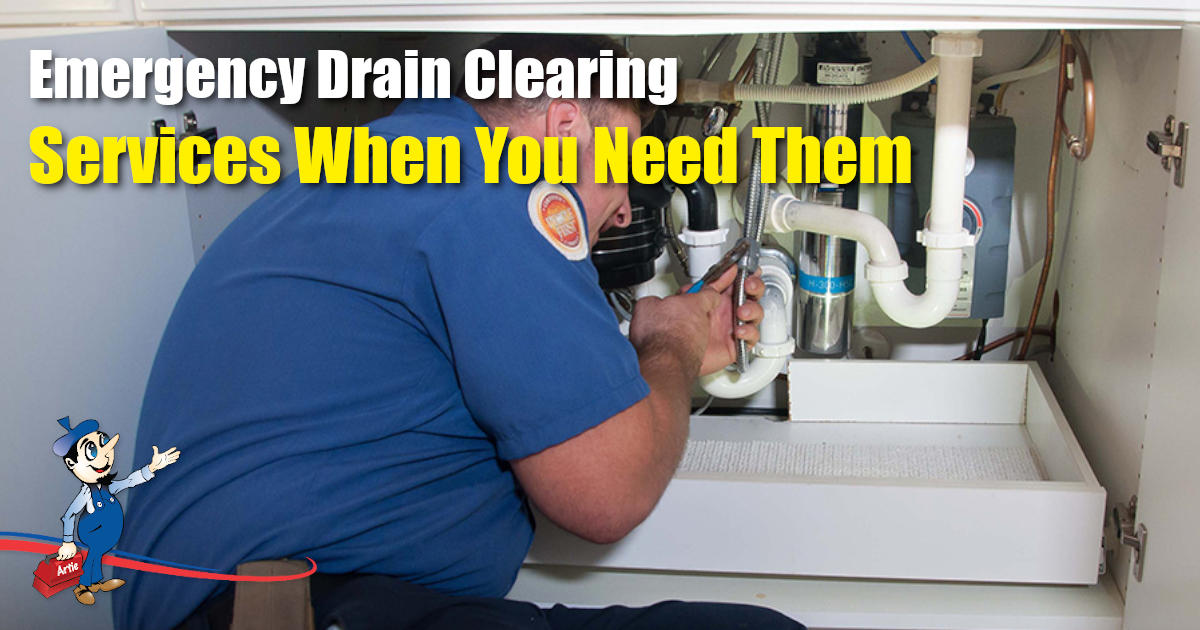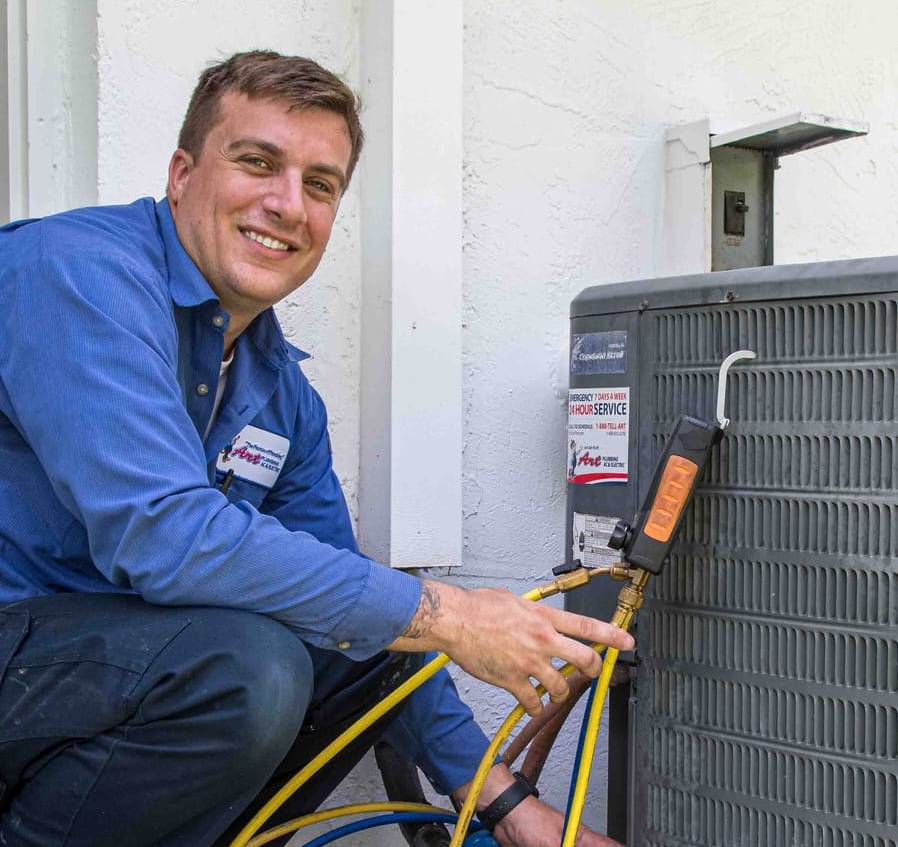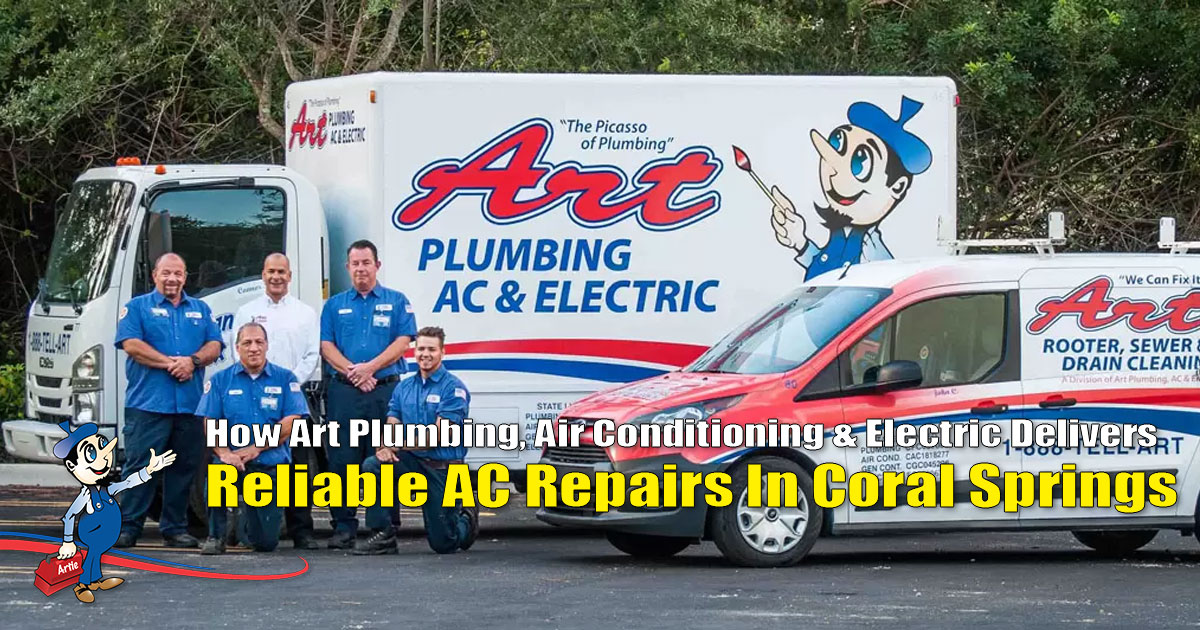Emergency Drain Clearing Services When You Need Them

Plumbing consists of two subsystems, pipes and drains. Pipes bring the freshwater into the building, while drains run through the building and remove waste products by connecting the toilets, shower, tubs, and sinks to the main sewer system.
Due to the nature of what they transport, drains easily become blocked if they are not used appropriately or maintained regularly. A blocked drain, depending on the severity and location of the blockage, can be considered a plumbing emergency requiring an emergency drain clearing service.
Signs That A Drain Is Blocked
There are some very obvious signs that there is a problem with the drainage system, but if you can identify and alleviate the blockage early, you can save yourself a lot of problems later on.
Here are some warning signs that there may be a problem with your drainage system:
- The sinks, tubs, or showers drain very slowly or not at all.
- There is a bad odor coming from the drain.
- The drains make a gurgling sound.
- The toilet backs up when flushed.
- Other drains back up when the toilet is flushed or the sink, shower, or tub are drained.
- The grass is greener in patches or there are puddles on the lawn, without there having been any recent rains.
How To Prevent Drains From Blocking
Cooking grease, coffee grounds, hair, and soap scum are your drains biggest enemies, but there are some very simple ways one can prevent them, and other debris from causing problems:
- Do not pour grease down the sink. Keep old grease aside in an old coffee tin or cardboard milk carton and dispose of it in the trash.
- Flush the kitchen sink with hot water after use, it will keep any oil or food particles from staying behind and ultimately causing a blockage.
- Dispose of coffee grounds in the trash or your mulch pile, not down the sink.
- Place screen or drain grates over the drains to catch any hair or soap scum before it enters the drainage system. Remove and clean them regularly.
- Clean the pop-up stopper of the sinks regularly, before the debris dislodges and goes down the drain.
- Put a lint catcher or nylon hose on the end of your washing machine waste pipe to catch any lint, tissues, or even socks.
- Do not use the toilet as a garbage can. Large items block the toilet drain, and items like dental floss can snag, accumulate debris, and cause a blockage.
- Do not pour cement, grout, or any compound down a drain. The sand in those compounds is heavy and settles very quickly in traps and pipes, causing the drain to block.
How To Maintain The Drainage System
Regular maintenance of the drainage system is not difficult but is vital if you want to prevent the drains from blocking, resulting in major damage and expense.
Some easy ways to maintain the drains are:
- Pour one cup of vinegar into the drain, allow it to sit of 30 minutes, then flush down with hot water. The acetic acid is an organic solvent that will remove build-up and crud formation in the pipes.
- Pouring a handful of baking soda and hot water into the drain will act as a cleaning agent and also remove foul odors.
- A baking soda, vinegar, and salt solution, left overnight and flushed down with hot water the next day, will also keep drainage pipes clean.
- If you are going to purchase a drain cleaner, invest in a bacteria enzyme drain cleaner like Bio-Clean®. Used before going to bed, these cleaners break down organic matter, and is not harmful to a septic tank system (should you have one). It is also not corrosive, so it will not damage any drains or pipes.
Maintaining The Outside Drain
Outside drains can also block so they need regular inspection and maintenance, especially during the Florida rainy season. A blocked outside drain can result in flooding, causing major damage and stagnant water around the blocked drain and is also a breeding ground for insects like mosquitoes.
Maintaining the outside drain is not difficult. First, install a fine screen under the grates making sure it does not restrict water flow, then get into the habit of:
- Checking the drains at least once a week, especially after a storm. Remove any mud, leaves, branches, moss, litter or other debris covering the drain.
- Wearing gloves, goggles and a mask, remove the grate cover and remove any debris you can reach by hand, or by using a drain rod. If you cannot see what is causing the blockage, try blasting some water down the drain using a hose.
- If your drain is still blocked after trying to unblock it yourself, call the drain clearing professionals. A blocked drain is not something to be ignored.
For Emergency Drain Clearing Services, Call Art Rooter, Sewer & Drain Cleaning
If you are having a problem with blocked drains, South Florida’s fully licensed and expert drain technicians are only a call away. Contact us at 1-888-773-1524 Monday to Saturday 8 a.m. to 8 p.m. and Sunday emergency service only.



